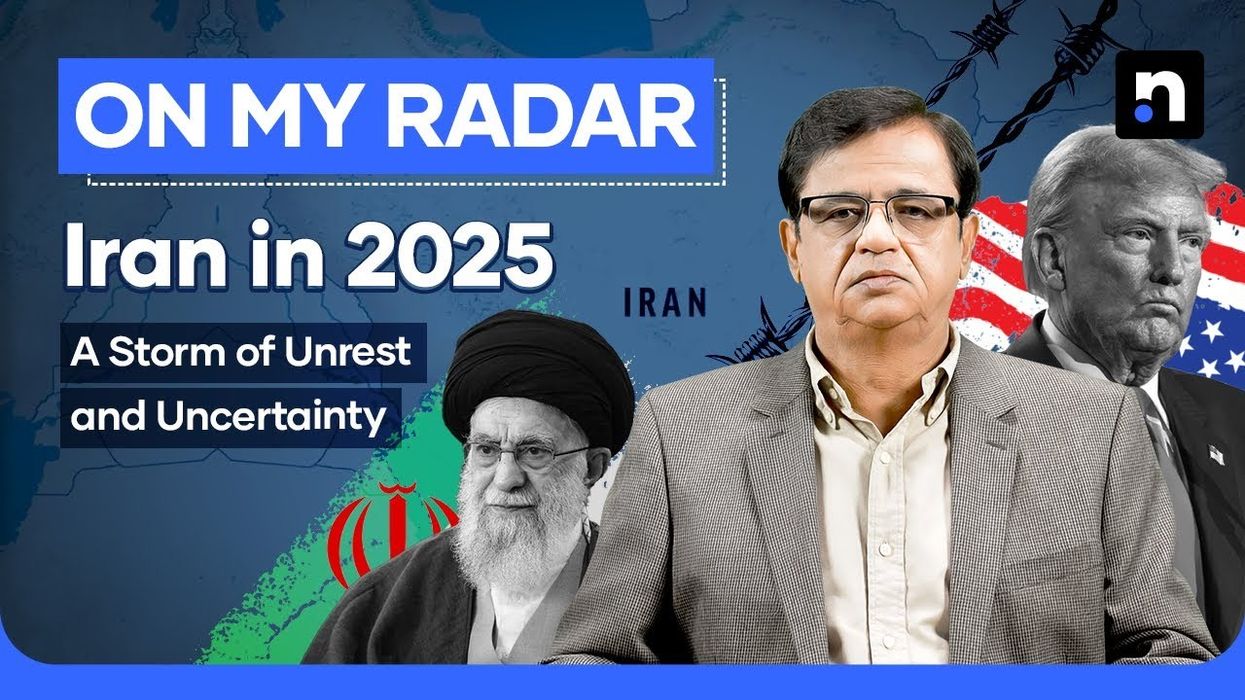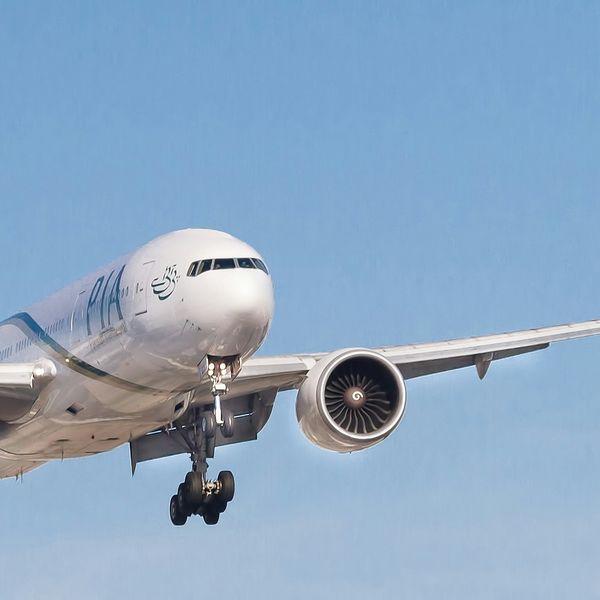Iran faces toughest year since revolution amid crises, geopolitical strains
Kamran Khan explores Iran's 2025 struggle: economic woes, energy crisis, and isolation under Trump-era pressure policies
News Desk
The News Desk provides timely and factual coverage of national and international events, with an emphasis on accuracy and clarity.
Iran is bracing for what could be its most challenging year since the 1979 Islamic Revolution, as it confronts economic turmoil, energy shortages, and geopolitical isolation. Analysts warn that 2025 may push the country to its limits, testing both its government and its people.
Supreme Leader Ayatollah Ali Khamenei holds ultimate decision-making power, but mounting crises have painted a bleak picture. The potential return of Donald Trump to the White House raises concerns about heightened U.S. pressure, including possible regime change and demands for the dismantling of Iran's nuclear program.
Iran's energy crisis has reached alarming levels, despite its vast gas and oil reserves. Schools and universities have switched to online classes, but frequent electricity and internet outages have disrupted even this. Industrial production has dropped by 30% to 50%, severely impacting small and medium enterprises. Essential goods like food, medicine, and construction materials are in short supply, driving up prices.
Millions of dollars in losses have been reported by businesses, leading to mass layoffs. Government offices and banks now close by 2 PM in an attempt to conserve energy. President Masoud Pezeshkian, who took office in July 2024, apologized publicly for the deteriorating economy and energy crisis.
Iran’s influence in the Middle East is waning. The fall of Bashar al-Assad’s regime in Syria has cut Tehran’s access to key proxy routes. Israel’s military strikes have further weakened Iran's proxies, including Hezbollah and Hamas. In a significant blow, Hamas leader Ismail Haniyeh, Hezbollah leader Hassan Nasrallah, and Hamas commander Yahya Sinwar were killed in targeted Israeli attacks in 2024.
Experts fear Donald Trump’s return to the U.S. presidency in 2025 could escalate pressure on Tehran. His administration’s "maximum pressure" strategy included withdrawing from the Iran nuclear deal and imposing harsh sanctions. A second Trump term could intensify these measures, potentially leading to military action against Iran’s nuclear facilities.
The Wall Street Journal reports that Trump’s advisors are considering airstrikes, arguing that economic pressure alone won’t suffice. Iran's foreign policy chief, Seyed Kamal Kharazi, has signaled Tehran’s willingness to negotiate but acknowledges the looming challenges post-January 2025.
With economic hardship, public dissatisfaction, and external pressures mounting, Tehran faces a pivotal decision. Analysts suggest that Iran must choose between focusing on domestic stability and escalating tensions with the U.S. and its allies.
The Middle East Institute highlights 2025 as a decisive year, questioning whether Iran will prioritize its people’s welfare or continue its costly confrontations.







Comments
See what people are discussing